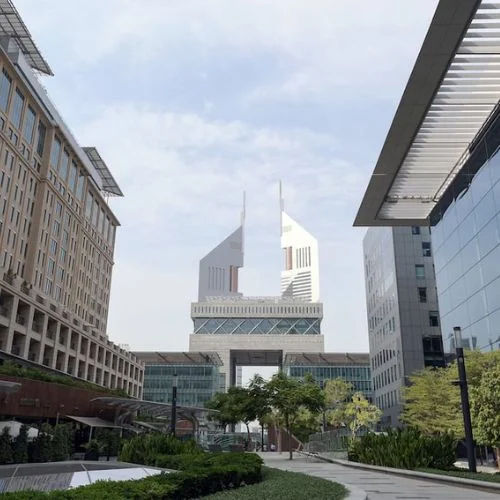Industry insiders and observers claim that as India’s IT companies battle for fewer orders in an unpredictable global economy, they are taking on harsher contract terms in order to land big deals from clients.
The $245 billion industry, which benefited greatly from the pandemic-caused surge in digital services, has had difficulty recently as customers reduced their expenditure on initiatives that weren’t absolutely necessary due to concerns about inflation and the impending recession.
Due to this, businesses like Tata Consultancy Services, Infosys, and HCLTech (HCLT.NS) are being forced to accept terms of their contracts that include minimum cost savings guarantees, charging clients only once specific objectives are met, and monitoring cost overruns.
“Whenever there are economic difficulties and less demand, the market turns into one that favours buyers. According to V Balakrishnan, the former CFO of Infosys, “the clients try to push more clauses including capping the pricing and asking for outcome-based deals.”
“It was witnessed during 2008 when the global financial crisis happened, and in 2001 during the dot-com crash,” he stated.
When Reuters asked Tata Consultancy Services and Infosys for comments, they did not reply. HCLTech refuses to provide details of the purchase.
According to data from IT research firm Everest Group, over 80% of the more than 1,600 IT and business process management deals reviewed in 2023 included a committed-savings provision, up from about 65% in 2019.
According to Peter Bendor-Samuel, CEO of Everest Group, these cost-saving measures are either included in the pricing or businesses run the danger of having their fees reduced if the savings are not realised.
According to a person familiar with the specifics of the deals, contracts with such clauses were inked this year, and they include the $2.1 billion transaction between HCLTech and Verizon and the $454 million deal between Infosys and Danske Bank.
According to exchange filings, the six-year deal with Verizon will see HCLTech become the U.S. firm’s primary tech partner for network deployments, while the five-year deal with Danske Bank will see Infosys digitise the lender’s operations and take over its delivery centre in India.
The already troubled business is expected to face more strain as a result of the stricter contracts. Infosys, the second-largest software services exporter in India based on sales, has already forecast that its current fiscal year, which ends in March 2024, will see its weakest yearly revenue growth in at least ten years.
Large agreements, defined by the leading IT corporations as contracts for $100 million or more, and mega deals, defined as contracts worth $500 million or more, are usually signed during periods of low demand.
According to Ashutosh Sharma, vice-president and research director at Forrester India, “customers have become much more aware of the possibilities and scenarios that could play out during a deal tenure.” “Now, clients are asking IT players too to share risks and rewards.”















